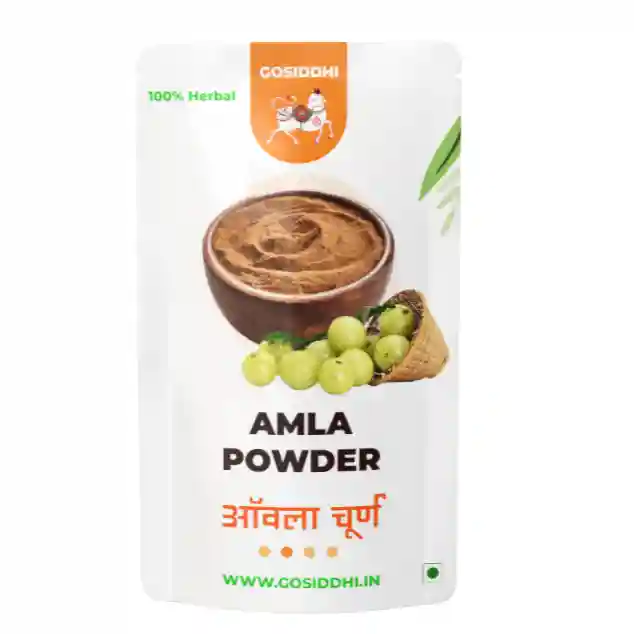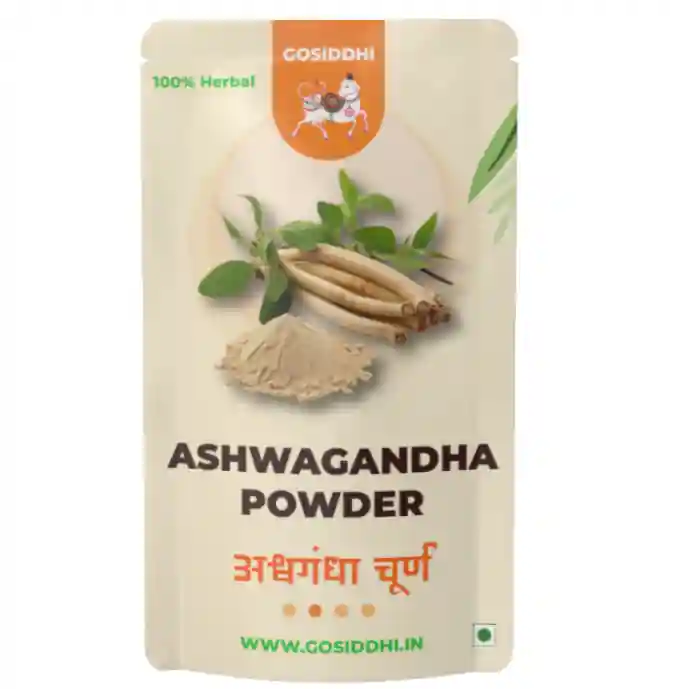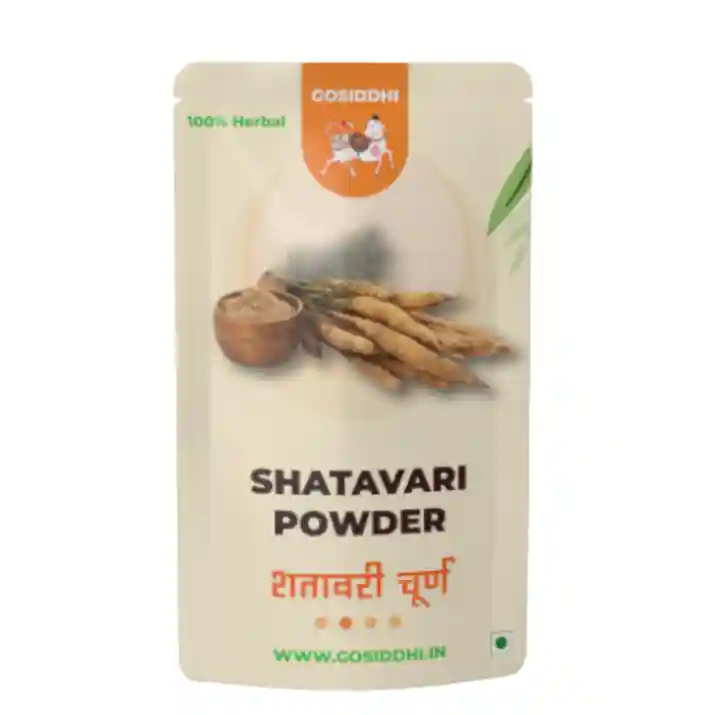Sexual Intercourse
Dinacharya

In Ayurveda, sexual intercourse is not just a physical act but a vital component of overall well-being, playing a significant role in maintaining the balance of Shukra dhatu (reproductive tissue) and Ojas (vital essence). It is believed that proper sexual activity, when done in balance and accordance with one’s health, seasons, and mental state, promotes longevity, vitality, and happiness. Here’s a detailed explanation with references to classical Ayurvedic texts:
Sexual Intercourse and Its Importance in Ayurveda
-
Shukra Dhatu (Reproductive Tissue): According to Ayurveda, Shukra dhatu is responsible for reproduction, vitality, and the overall vigor of the body. The strength of Shukra dhatu ensures sexual vitality, healthy progeny, and mental satisfaction. Depletion or imbalance of Shukra leads to weakness, infertility, and lack of enthusiasm.
Sloka:
- "शुक्रं शुक्रवताम श्रेष्ठं बलं वीर्यं चतुर्दश।"
(Ashtanga Hridaya Sutrasthana, Chapter 11) - Meaning: "Shukra is considered the most superior among the seven dhatus (tissues), and it represents strength and vitality in the body."
- "शुक्रं शुक्रवताम श्रेष्ठं बलं वीर्यं चतुर्दश।"
-
Ojas and Vitality: Ojas is considered the essence of all dhatus (tissues) and is responsible for immunity, longevity, and mental clarity. Excessive sexual intercourse can lead to the depletion of Ojas, resulting in fatigue, lowered immunity, and emotional instability. Maintaining a balance between desire and abstinence is key to preserving Ojas.
Sloka:
- "बलमोजो धृतिः शुक्रं यत्रास्मिन्संप्रतिष्ठितम्।"
(Charaka Samhita, Sutrasthana, Chapter 17) - Meaning: "Ojas is the foundation of strength, stamina, reproductive capability, and mental stability in the body."
- "बलमोजो धृतिः शुक्रं यत्रास्मिन्संप्रतिष्ठितम्।"
-
Seasonal Guidance (Rutucharya): Ayurveda offers detailed seasonal guidelines for engaging in sexual intercourse. It stresses moderation and the importance of adapting sexual activity according to the seasons to avoid aggravating the doshas.
- Winter (Hemanta Ritu): This season is associated with increased vitality and strength. Sexual activity is encouraged more frequently in winter due to enhanced bodily strength and endurance. The cold weather prevents excess Pitta aggravation, allowing for healthier indulgence.
- Summer (Grishma Ritu): Due to the heat and depletion of body fluids in summer, Ayurveda recommends reducing sexual activity to avoid aggravating Vata and Pitta doshas. Excessive indulgence in this period can cause weakness and exhaustion.
Sloka:
- "रितुकाले च संयोगं सेवेत स्वस्थमन्यथा।"
(Charaka Samhita, Sutrasthana, Chapter 1) - Meaning: "Sexual intercourse should be performed according to the appropriate time (season) and the individual's health status."
-
Balance and Moderation in Sexual Activity: Ayurveda advocates for balanced and mindful engagement in sexual activity. Excess indulgence can lead to depletion of energy, mental fatigue, and doshic imbalance, especially Vata and Pitta. Regular and moderate sexual activity, however, promotes balance in the body, keeping Shukra dhatu and Ojas healthy.
Sloka:
- "शरीर बलं च शुक्क्रबलं चैवैककाले नाशयेत।"
(Sushruta Samhita, Chikitsa Sthana, Chapter 24) - Meaning: "Excessive indulgence in sexual activity simultaneously depletes physical strength and Shukra."
- "शरीर बलं च शुक्क्रबलं चैवैककाले नाशयेत।"
-
Ayurvedic Herbs for Sexual Vitality: Ayurveda recommends several herbs (aphrodisiacs or Vajikarana dravyas) to nourish Shukra dhatu and improve sexual vitality. These herbs are beneficial for enhancing libido, vitality, and overall strength:
- Ashwagandha (Withania somnifera): Known to improve vitality, strength, and libido.
- Shatavari (Asparagus racemosus): Enhances reproductive health and balances hormones.
- Kapikacchu (Mucuna pruriens): A natural aphrodisiac that supports reproductive health.
- Gokshura (Tribulus terrestris): Increases stamina and supports reproductive function.
Sloka:
- "वाजीकरणं श्रेष्ठं ब्रह्मचर्यं निरंतरम्।"
(Charaka Samhita, Chikitsa Sthana, Chapter 2) - Meaning: "The best aphrodisiac is continuous adherence to a regulated sexual life and celibacy when appropriate."
-
Emotional and Mental Health: Ayurveda recognizes the importance of a healthy emotional state for sexual fulfillment. Sexual activity performed without emotional harmony or mutual respect may lead to mental disturbances and dissatisfaction. Ayurveda stresses that sexual relationships should be rooted in emotional bonding and respect to ensure mental balance.
Sloka:
- "श्रीरथ तन्ना स्नेहोध्यान्मनोवृत्तौ च निवर्तते।"
(Charaka Samhita, Sutrasthana, Chapter 7) - Meaning: "Emotional connection (sneha) is an essential aspect of maintaining mental and physical health through sexual activity."
- "श्रीरथ तन्ना स्नेहोध्यान्मनोवृत्तौ च निवर्तते।"
Ayurvedic Treatments for Sexual Disorders:
- Rasayana Therapy: Regular intake of rejuvenating herbs and tonics such as Chyawanprash or Ashwagandha to enhance strength, immunity, and Shukra dhatu.
- Panchakarma Therapies: Detoxifying and rejuvenating therapies like Basti (enemas) and Virechana (purgation) help in maintaining doshic balance and improving vitality.
- Vajikarana Therapy: Specific Ayurvedic therapies designed to increase sexual stamina, fertility, and overall strength. These include herbal formulations like Ashwagandha lehyam, Shatavari ghrita, and Gokshura kalpa.
Guidelines for Sexual Intercourse in Ayurveda:
-
Timing and Balance:
- Engage in sexual activity during appropriate times according to physical and mental capacity.
- Avoid sexual intercourse during periods of fatigue, stress, or immediately after heavy meals.
-
Seasonal Recommendations (Rutucharya):
- Winter (Hemanta Ritu): Sexual activity can be performed more frequently due to increased vitality.
- Summer (Grishma Ritu): Reduce frequency due to body heat and fluid depletion to avoid aggravating Vata and Pitta doshas.
-
Dosha Balance:
- Avoid excessive indulgence, especially when suffering from Vata or Pitta imbalances, as it can lead to weakness, anxiety, and emotional instability.
- Keep sexual activity balanced to maintain proper functioning of Shukra dhatu (reproductive tissue) and Ojas (vitality).
-
Mindful Engagement:
- Emotional bonding and respect between partners are essential for a healthy sexual life.
- Avoid sexual intercourse when feeling mentally disturbed, anxious, or emotionally unstable.
-
Diet for Reproductive Health:
- Consume aphrodisiac herbs such as Ashwagandha, Shatavari, Kapikacchu, and Gokshura to nourish Shukra dhatu and increase vitality.
- Follow a nourishing and balanced diet to maintain strength and immunity.
-
Proper Rest and Recovery:
- Ensure adequate rest after sexual intercourse to restore energy and avoid depletion of vital resources.
-
Practice Celibacy During Recovery:
- Practice temporary celibacy during times of illness, exhaustion, or when undergoing Panchakarma or other detoxifying therapies.
-
Moderation:
- Practice sexual moderation based on age, strength, and health condition to avoid depletion of bodily fluids and vitality.
Benefits of Following Ayurvedic Guidelines on Sexual Intercourse:
-
Enhanced Vitality and Strength:
- Balanced sexual activity helps preserve Shukra dhatu and strengthens the body’s overall vitality, stamina, and reproductive health.
-
Prevents Doshic Imbalance:
- Moderation and seasonal adjustment of sexual activity prevent Vata and Pitta aggravation, reducing the risk of physical and mental ailments.
-
Improved Emotional Well-being:
- Mindful and respectful sexual relationships foster emotional bonding, leading to mental peace and satisfaction.
-
Boosts Immunity (Ojas):
- Proper sexual moderation preserves Ojas, which is the essence of vitality and immunity, ensuring overall health and resistance to diseases.
-
Promotes Longevity:
- By avoiding excessive depletion of energy and maintaining a balanced lifestyle, sexual health contributes to longer life and better quality of life.
-
Supports Mental Clarity and Focus:
- Balanced sexual conduct prevents mental fatigue and supports clarity, focus, and emotional balance.
-
Rejuvenates Body and Mind:
- Following Ayurvedic rejuvenation therapies (Rasayana) and Vajikarana (aphrodisiac) herbs post-intercourse aids in restoring vitality and mental calmness.
-
Prevents Sexual Disorders:
- Adhering to Ayurvedic guidelines helps in preventing disorders like premature ejaculation, low libido, infertility, and physical weakness.
Shop Medicines Related to Sexual Intercourse

Amala Powder - 50gm
Price: ?200.0

Ashwagandha Powder
Price: ?310.0

Shatavari Powder (50
Price: ?300.0
Give your Feedback and Reviews
Rating Breakdown
No feedback available.